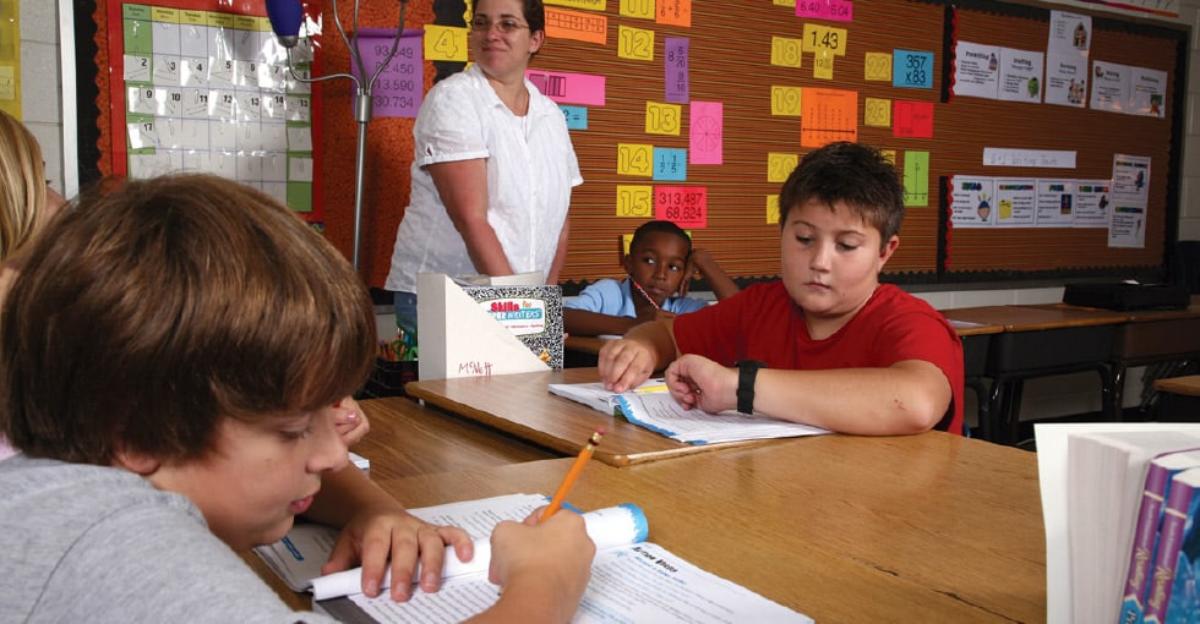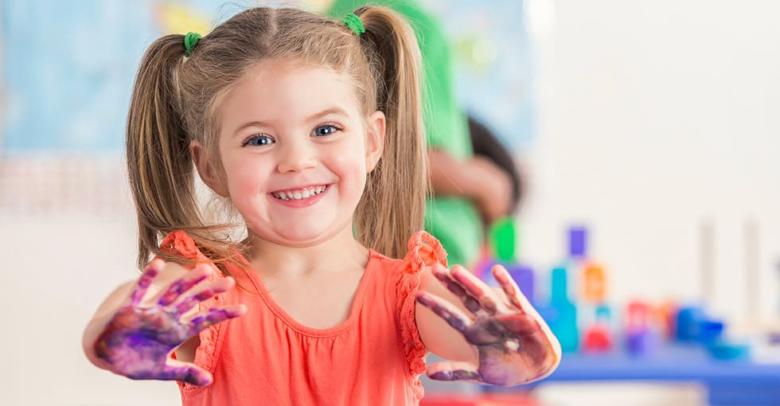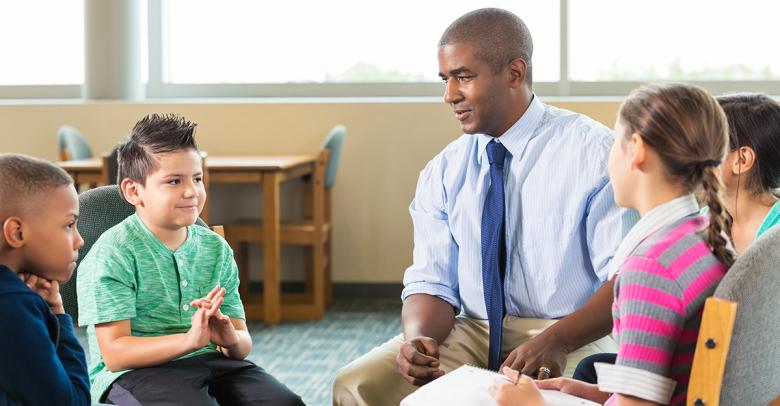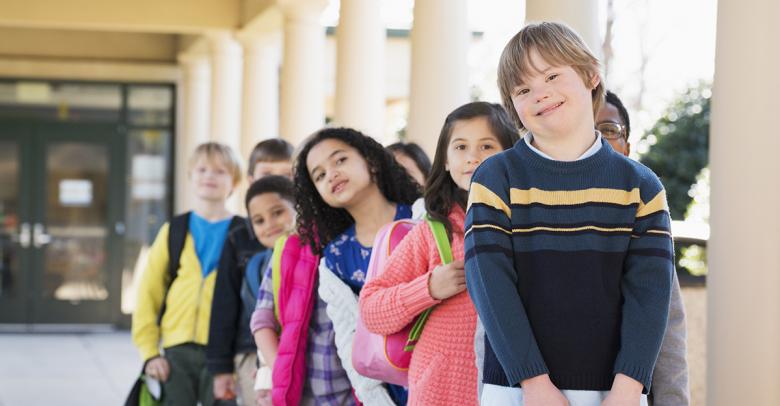Expert Tips on Daily Living Skills- Transitions
Many students with autism are visual learners. Visual cues are the best intervention for a nonverbal student. They assist and inform students of the rules, their schedule and changes in their routines. For example, the teacher can create a person locator system with visual cue cards, which shows students what they will do and with whom that day.
Although traditionally used in muscle tone/strength building exercises, using a weighted ball for play or to carry during transition (in the school hallway for example) makes a great addition to a daily routine for a child along the autism spectrum or other sensory processing disorders.
Expert Tips on Social Skills – Lunchtime Success!
One recommendation to help decrease stimuli or stressful situation in the lunchroom is to have the student eat in a smaller room where social skills can be practiced. Or if this is not inclusive enough, then backward chain the task so the student eats the first part of his lunch in a smaller quieter room, then joins his class in the lunchroom for the last 5-10 minutes. Using a straw to sip on a drink during this time may be a good oral motor strategy for calming.
Expert Tips on Social Skills Group Activities
Set up social skills groups in which the student can learn and practice social skills by utilizing the Abilitations Cookie Thief game. The group may include students with autism and general ed students who serve as role models to exhibit desired behaviors. This group activity will motivate students to participate and learn educational and social skills by making it fun!
In recognition of Autism Awareness Month and OT Month, we will be sharing tips throughout the month of April from our experts at Abilitations. Be sure to check back or visit us on Facebook.






Leave a Reply